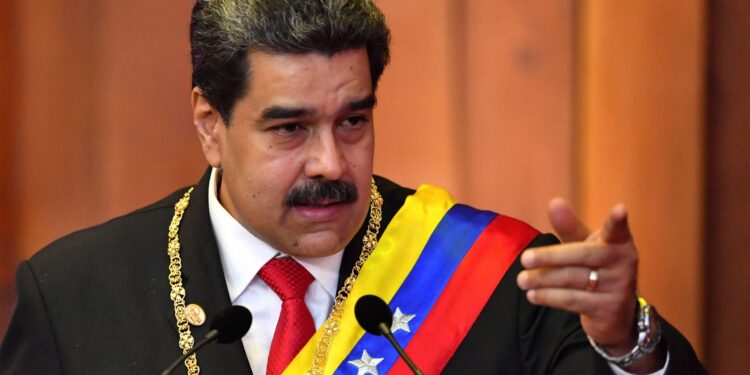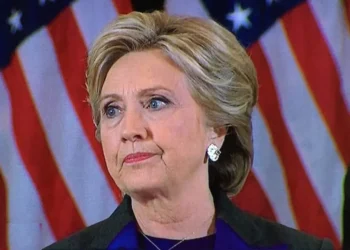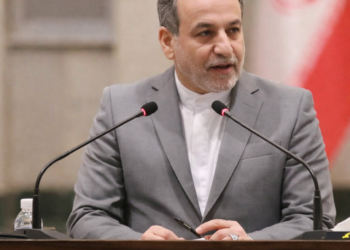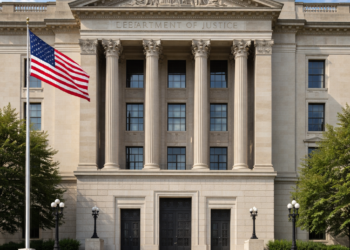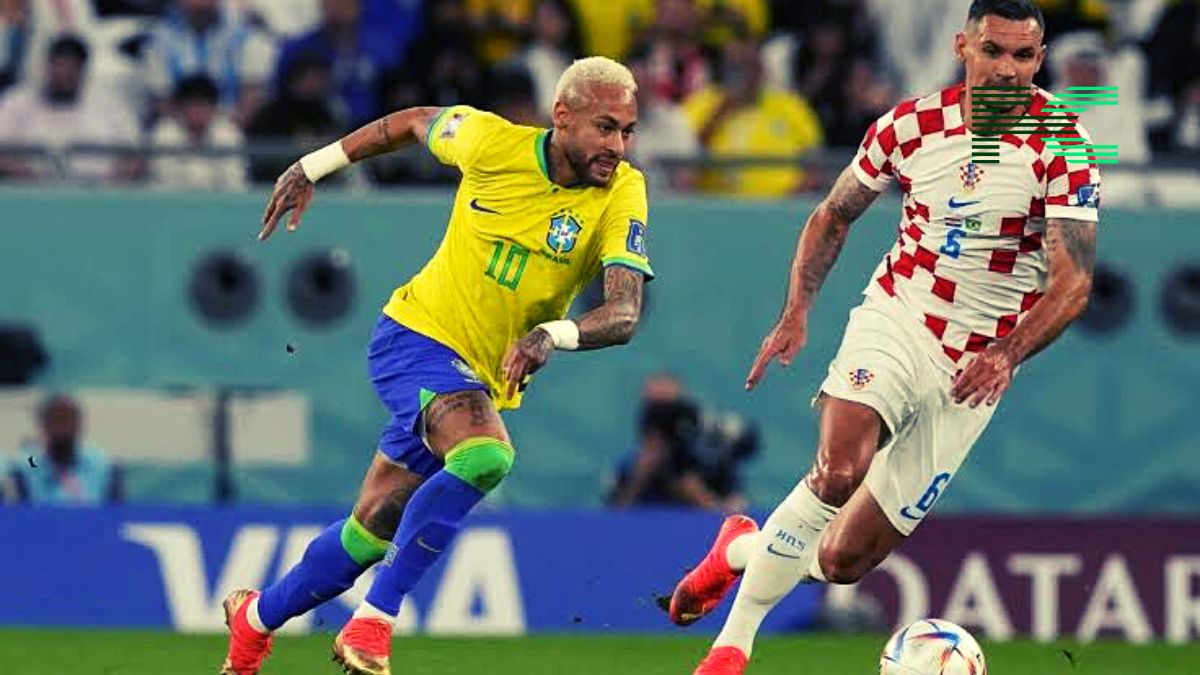Venezuela’s President Nicolás Maduro has openly accused the United States of “fabricating a war” against him, following Washington’s decision to send its largest warship, the USS Gerald R. Ford, toward South America. It feels like every month there’s another flashpoint between Washington and Caracas, but this time, the tension seems louder than usual.
A Warship and a Warning
Maduro, speaking in a national broadcast, he claimed that the U.S. government under President Donald Trump was “fabricating a new eternal war” just to push Venezuela into chaos. The Venezuelan leader said the U.S. was spreading lies, painting him as the head of a criminal network, and using that as an excuse for military escalation. According to him, the narrative is “vulgar, criminal and totally fake.”
His anger grew after Trump accused him, without evidence, of being connected to the Venezuelan criminal gang Tren de Aragua, a group better known for kidnappings and extortion than global drug trafficking. “They are fabricating a story,” Maduro said, dismissing the accusations as all lies. It’s not the first time he’s faced U.S. pressure, but the sight of a U.S. aircraft carrier moving closer to his country feels like something new and dangerous.
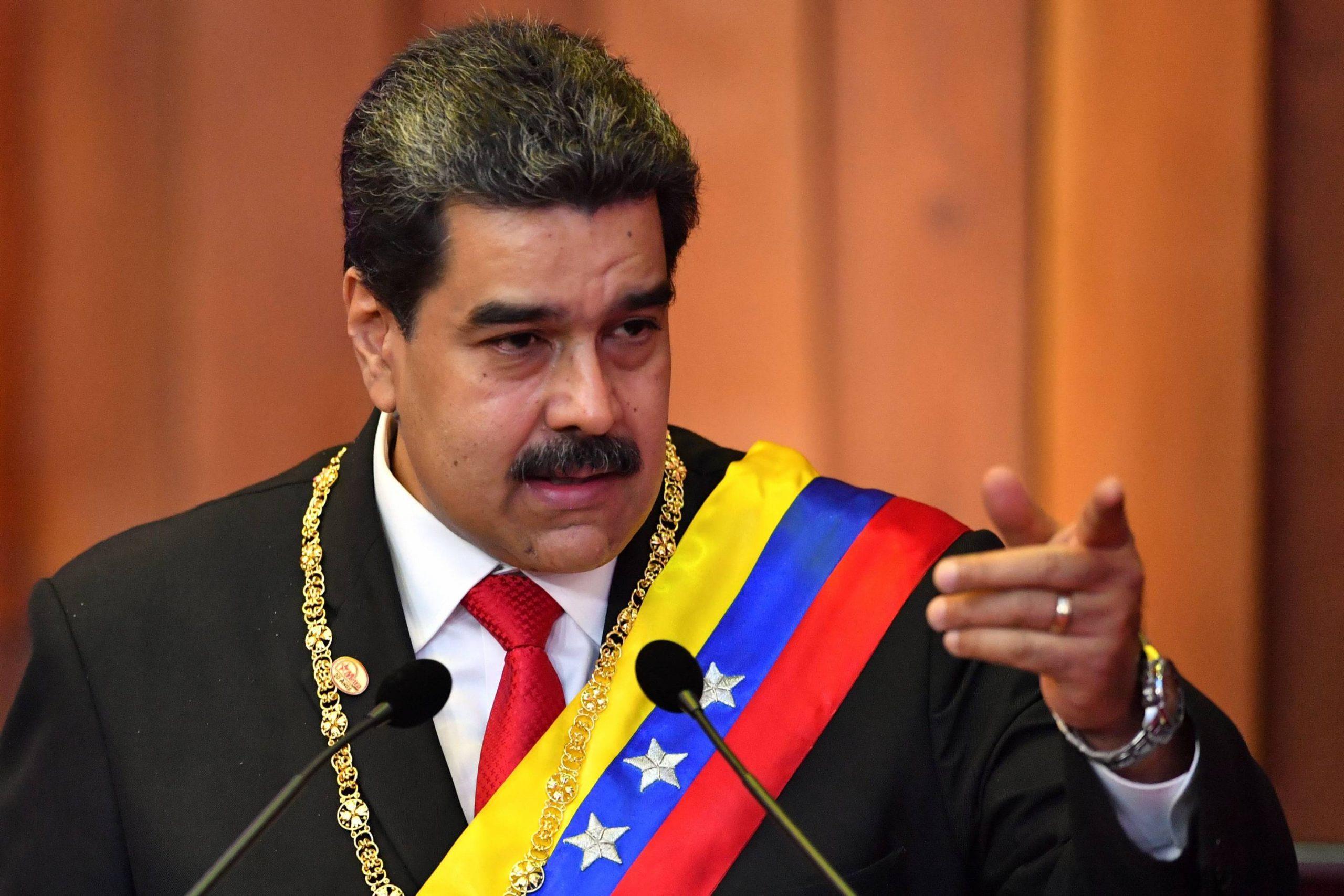
The Growing Military Shadow
Since September, U.S. forces have bombed ten boats they claimed were part of drug trafficking routes, killing at least forty-three people. Most of the attacks happened in the Caribbean, and international law experts have condemned them as violations of international law. Even United Nations officials have described the strikes as “extrajudicial executions.”
Maduro insists these actions have little to do with fighting drugs and everything to do with toppling his government. He believes the U.S. wants to create panic, weaken the Venezuelan military, and push for regime change under the banner of “anti-narcotics operations.” Watching the pattern unfold, it’s hard not to agree that the picture looks far more political than practical. The Venezuelan leader calls it “imperial aggression,” and the tone of his speech shows a man who feels cornered.
Venezuela’s Military on Alert
In response, Venezuela’s Defence Minister, Vladimir Padrino López, announced a massive coastal defense exercise. Soldiers have been deployed across nine coastal states, preparing for what he described as possible “covert operations.” On state television, Venezuelan troops could be seen carrying Russian-made anti-aircraft missiles, signaling that the country is preparing for more than just a show of force.
Padrino accused the CIA of being active inside Venezuela, warning that “any attempt to destabilize the country internally will fail.” This statement alone shows how far tensions have escalated. For a country already battling economic hardship and political division, this military posturing only adds more heat to an already volatile situation.
The Political Fire Inside and Outside
Maduro has also launched legal actions against opposition figure Leopoldo López, one of Venezuela’s most recognizable dissidents. López, now exiled in Spain, openly supports the U.S. military presence in the Caribbean. Maduro has moved to revoke his citizenship and passport an act López dismissed as unconstitutional.
It’s one thing to oppose a regime, it’s another to support external military pressure on your homeland. His backing of U.S. strikes makes him both a symbol of resistance and a convenient target for Maduro’s statement. The Venezuelan president now paints him as a traitor and it’s working with his loyal base.
The U.S. and Colombia Connection
Just as tensions rise with Venezuela, Washington has also targeted Colombia. The U.S. Treasury Department announced sanctions on Colombian President Gustavo Petro, his family, and other officials, accusing them of turning a blind eye to the drug trade. The sanctions cited Petro’s “Total Peace” plan a policy meant to bring armed groups to the negotiation table as proof that he was “shielding criminals.”
Petro, never one to back down, responded online that this was the result of Republican manipulation and an attempt to punish left-leaning governments in Latin America. When leaders resist U.S. influence, the sanctions appear. The pattern has become predictable and in this context, Maduro’s claim that “the U.S. is fabricating a war” doesn’t sound as far-fetched as Washington wants it to.
At this point, the entire situation feels like a slow-motion confrontation between old enemies. The U.S. insists it’s targeting drug cartels, Venezuela sees it as a pretext for intervention. For Washington, Maduro is the villain who must go, for Caracas, America is the empire that never stopped meddling. Both sides are locked in a loop of accusation and defense, and ordinary citizens are caught in the middle, living under the fear of war, sanctions, and instability.
Bottom Line
Whether people like Maduro or not, there’s truth buried inside his anger. When Washington sends warships instead of words, it’s hard not to believe that something larger is being set in motion. Venezuela’s Maduro says the U.S. is “fabricating” a war against him and while some may dismiss it as political drama, the buildup of troops, sanctions otherwise.

